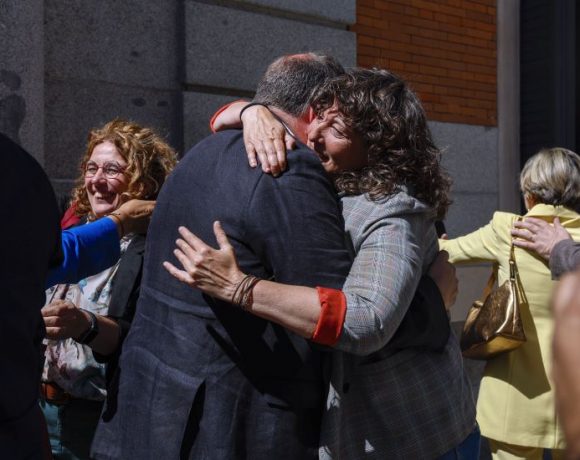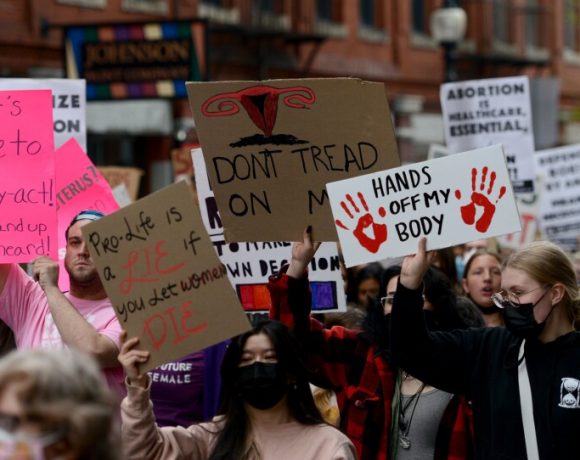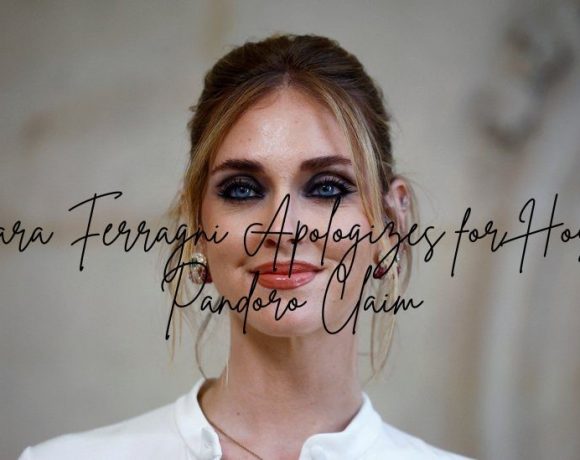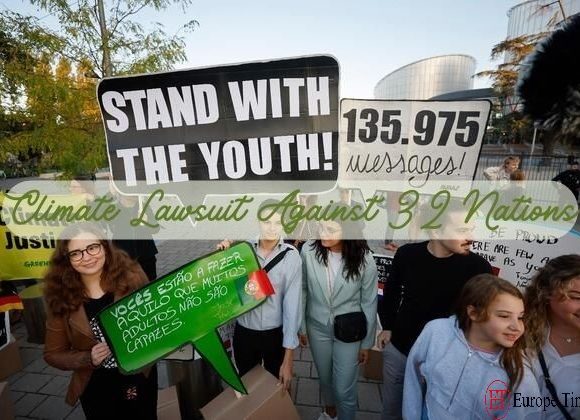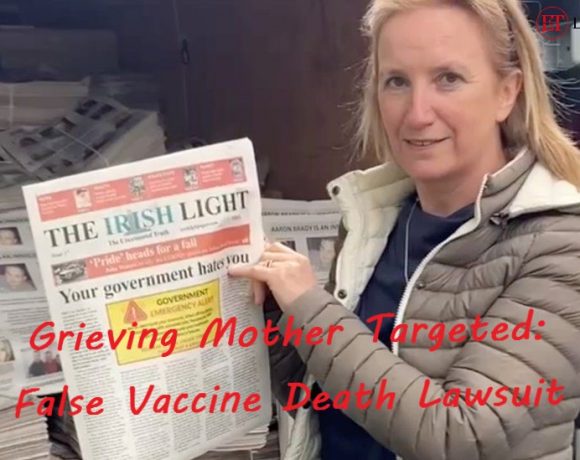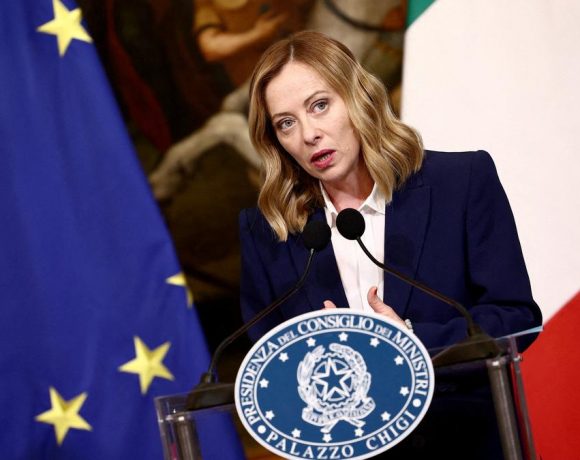
An Italian journalist, Giulia Cortese, has been ordered to pay Prime Minister Giorgia Meloni €5,000 (£4,210) in damages for social media posts mocking Meloni’s height. A judge ruled that two tweets by Cortese, who also received a suspended fine of €1,200, were defamatory and constituted “body shaming.”
The incident began in October 2021 when Meloni’s far-right Brothers of Italy party was in opposition. Cortese posted a doctored image on X (formerly Twitter) showing Meloni with a framed photo of fascist dictator Benito Mussolini in the background. Meloni condemned the image as extremely serious and announced legal action. Cortese deleted the image, admitting it was fake but accused Meloni of creating a “media pillory” against her. She called Meloni a “little woman” and later tweeted, “You don’t scare me, Giorgia Meloni. After all, you’re only 1.2m [3ft 9in] tall. I can’t even see you.” Meloni’s actual height is reported as 1.63m (5ft 3in) in Italian media.
Cortese was cleared of any wrongdoing for posting the doctored image but was convicted for the subsequent tweets. She has the option to appeal but hasn’t decided yet. Meloni’s lawyer stated that any awarded money would be donated to charity.
Cortese reacted to the verdict on X, criticizing the Italian government for its stance on freedom of expression and journalistic dissent. She compared the situation to Hungary under Viktor Orbán, expressing concern for independent journalists and opinion leaders in Italy. Cortese added that while she is proud to be Italian, the country deserves better than its current government.
Picture Courtesy: Google/images are subject to copyright

